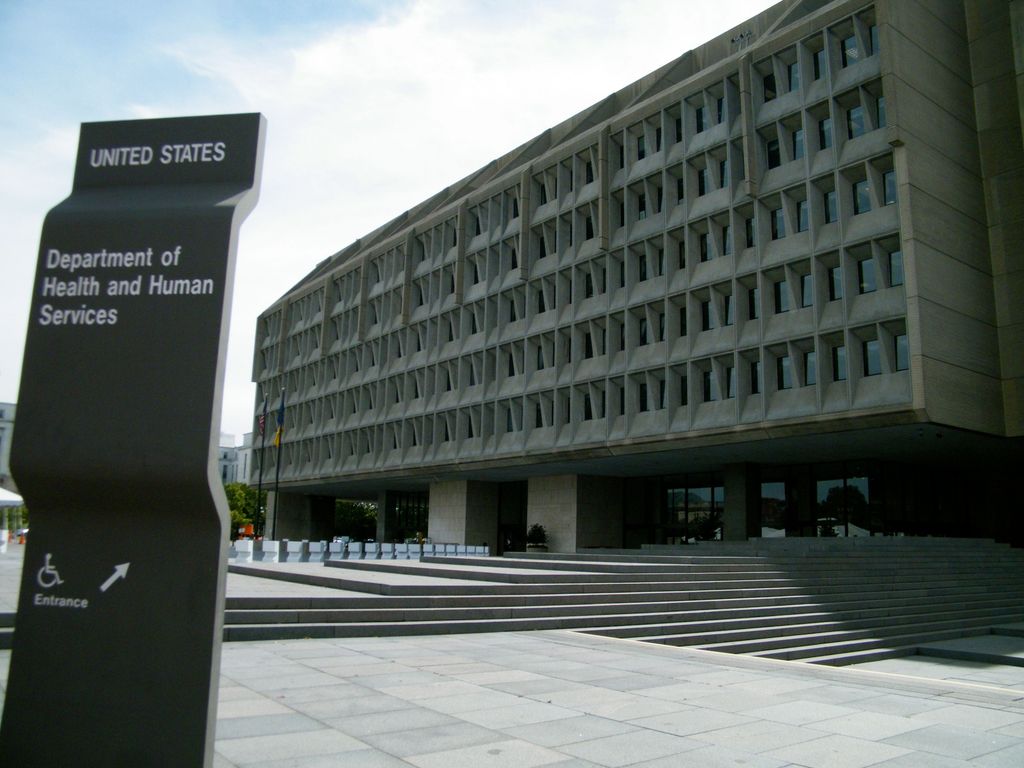
The Department of Health and Human Services (HHS) announced on Tuesday that Health Secretary Robert F. Kennedy Jr. has canceled nearly $500 million in grants and contracts for the development of messenger RNA (mRNA) vaccines. This decision marks a significant shift in federal health policy and has drawn immediate and sharp criticism from numerous scientists and public health experts.
This latest action by the Health Secretary represents a substantial blow to ongoing research into mRNA technology. The cancellations affect 22 projects that were being managed by the Biomedical Advanced Research and Development Authority, known as BARDA. Many of these projects were aimed at developing vaccines to combat respiratory viruses such as COVID-19 and influenza.
The recent announcement follows a similar move in May when the Department of Health and Human Services revoked a nearly $600 million contract with the drugmaker Moderna. That contract had been for the development of a vaccine against bird flu, further signaling a pivot away from mRNA-based initiatives.
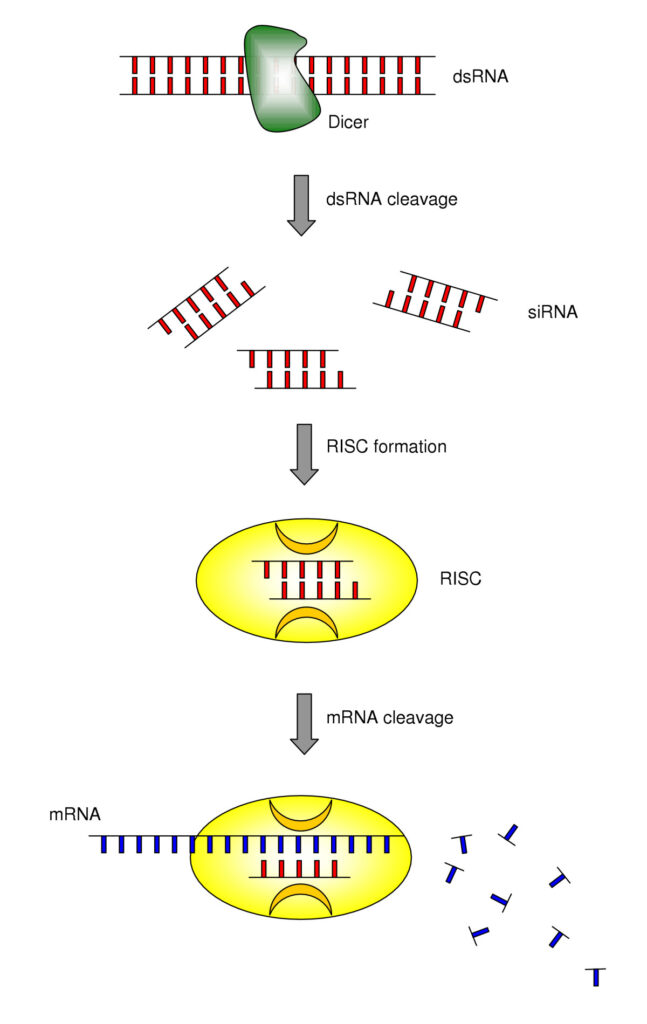
mRNA technology, first prominently utilized during the COVID-19 pandemic by companies like Pfizer-BioNTech and Moderna, operates by instructing the body to produce a fragment of a virus. This fragment then triggers the body’s immune response, preparing it to fight off future infections. A key advantage of these shots, unlike traditional vaccines that can require years for development and testing, is their capacity for rapid creation within months and quick adaptation as viruses undergo changes.
In recognition of its groundbreaking potential and impact, the technology was awarded a Nobel Prize in Physiology or Medicine in 2023. This rapid development capability and adaptability were credited with significantly slowing the 2020 coronavirus pandemic and are considered crucial by many infectious disease experts for responding to future biological threats.
Despite its scientific accolades and widespread adoption, mRNA technology has long faced distrust among vaccine skeptics. Health Secretary Kennedy, a prominent critic of vaccines, has repeatedly expressed reservations about this technology. He once referred to Covid shots as “the deadliest vaccine ever made,” underscoring his deep-seated skepticism.
In a video released on social media on Tuesday, Secretary Kennedy articulated his reasons for the cancellations. He claimed, falsely, that mRNA vaccines do not provide effective protection against respiratory illnesses such as COVID-19 and the flu, and that a single mutation in a virus can render the vaccine ineffective. He stated in the video, “As the pandemic showed us, mRNA vaccines don’t perform well against viruses that infect the upper respiratory tract.” He further asserted that “a single mutation can make mRNA vaccines ineffective.”
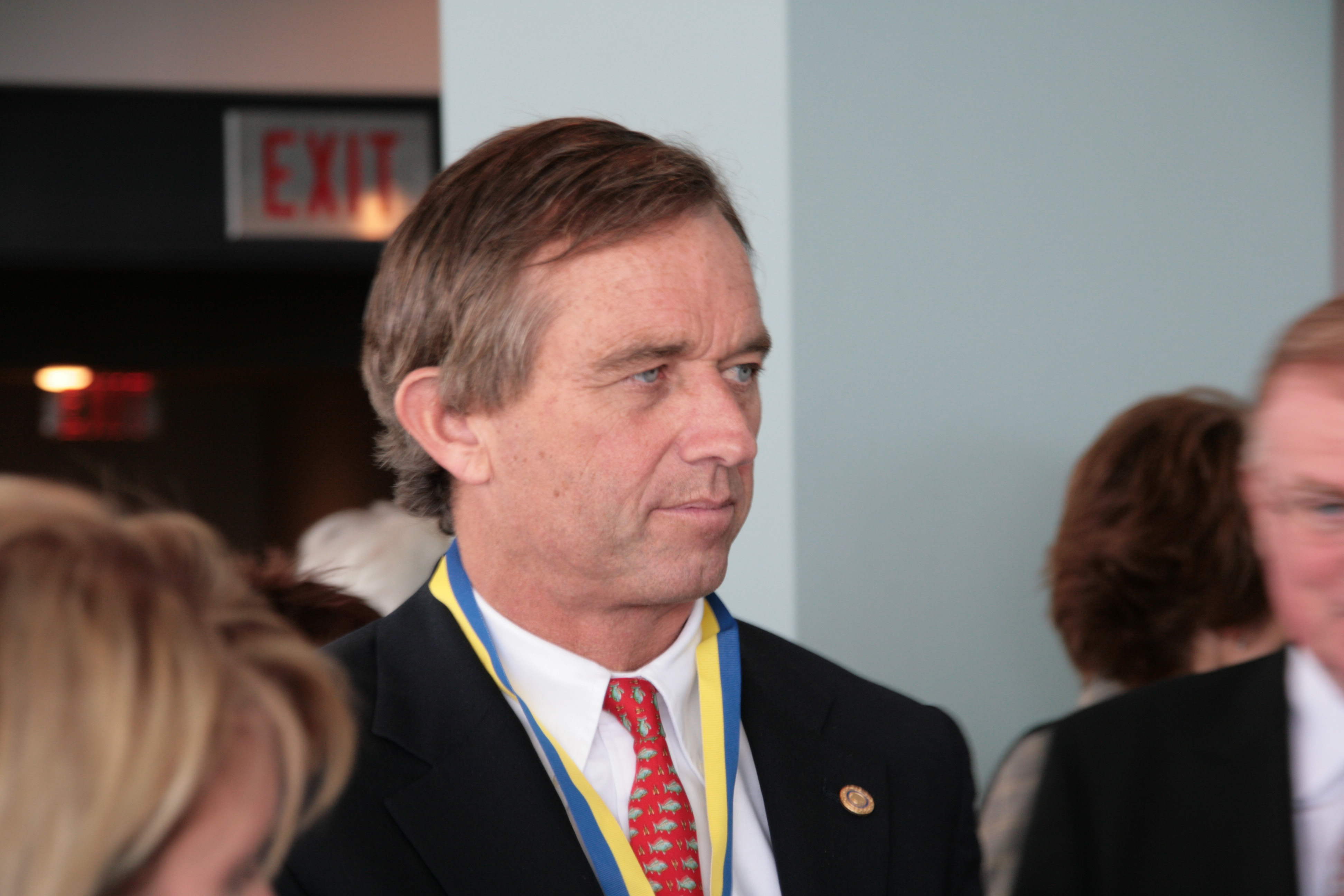
These claims by Secretary Kennedy were swiftly disputed by the scientific community. Dr. Jennifer Nuzzo, who serves as the director of the Pandemic Center at the Brown University School of Public Health, categorized his statements as inaccurate. Dr. Nuzzo commented, “By issuing this wildly incorrect statement, the secretary is demonstrating his commitment to his long-held goal of sowing doubts about all vaccines.” She emphasized the critical role these vaccines played, stating, “Had we not used these lifesaving mRNA vaccines to protect against severe illness, we would have had millions more Covid deaths.”
Beyond the immediate impact on vaccine development, experts warned of broader strategic consequences. Rick Bright, a flu expert who previously served as chief of BARDA before his ouster during the first Trump administration, expressed profound concern. He argued that cutting off mRNA development amounts to “undermining our ability to rapidly counter future biological threats.” Bright added, “We’re weakening our frontline defense against fast-moving pathogens — a huge strategic failure that will be measured in lives lost during times of crisis.”
Bright, who later gained whistleblower status after complaining about the previous administration’s response to the COVID pandemic, characterized the decision as a severe setback for national preparedness. He told STAT that this action “isn’t prudent oversight, it’s self-inflicted vulnerability. We’re weakening critical countermeasures at the very moment that global health risks are intensifying.” He concluded that “this decision will have severe consequences, measured in lost lives, when a rapid vaccine response is needed.”
Concerns about national security were also raised by Chris Meekins, an assistant secretary for pandemic preparedness in the first Trump administration. Meekins stated in an email and on social media that ending BARDA’s mRNA work creates a “national security vulnerability.” He elaborated, “These tools serve as a deterrent to prevent other nations from using certain biological agents,” and underscored that “the speed of the technology to create new biodefense capabilities is a national security asset.”
Product on Amazon: Editing Humanity: The CRISPR Revolution and the New Era of Genome Editing
Price: 10.46 USD
Rating: 4.4 Total reviews: 180
Shopping on Amazon >>
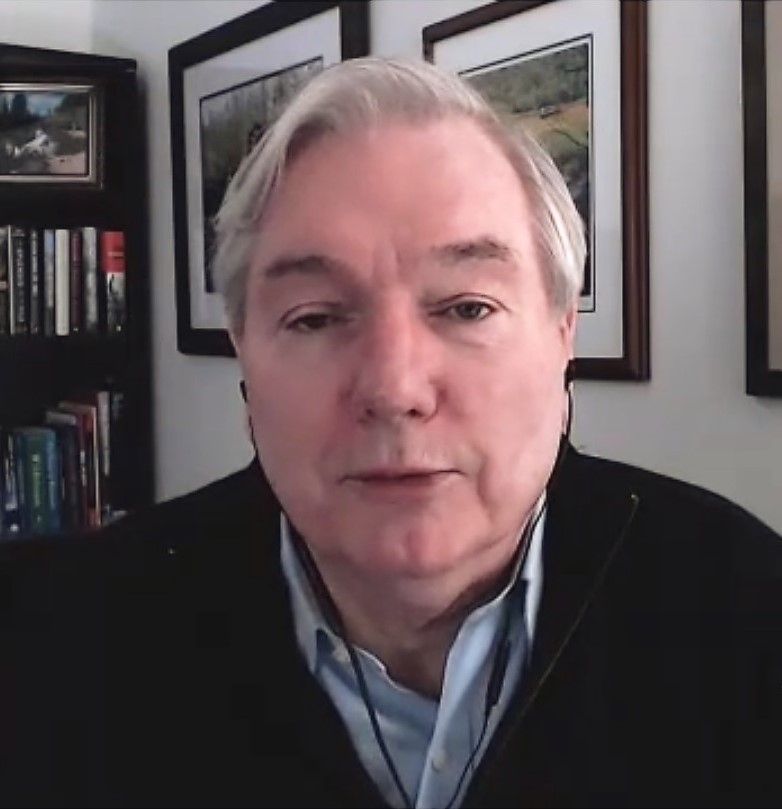
Scientists widely consider the rapid production capability of mRNA vaccines to be a distinct advantage, especially in the event of new pandemics requiring swift vaccine deployment. Dr. Mike Osterholm, a University of Minnesota expert specializing in infectious diseases and pandemic preparations, did not mince words regarding the decision. He asserted, “I don’t think I’ve seen a more dangerous decision in public health in my 50 years in the business,” and further called it “one of the worst decisions I’ve seen in 50 years of public health preparedness work.”
Dr. Osterholm highlighted the limitations of current traditional vaccine manufacturing methods. He explained that if an influenza pandemic were to strike, the global flu vaccine manufacturing capacity using the standard method of growing the virus in chicken eggs would only be sufficient to vaccinate approximately one-fourth of the world’s population in 18 months. He stressed the urgent need for advancements, stating, “We desperately need a vaccine technology where we could make enough vaccine for the world in a year.”
Similarly, Dr. Paul Offit, a virologist and vaccine expert at Children’s Hospital of Philadelphia, criticized the shelving of the mRNA projects as short-sighted, particularly given ongoing concerns about a potential bird flu pandemic. Dr. Offit affirmed the existing mRNA vaccines’ impact, stating, “It’s certainly saved millions of lives.” He concluded that Secretary Kennedy “has once again made a decision, not based on scientific evidence that puts this country at unnecessary risk.”
Product on Amazon: Vaccines: Mythology, Ideology, and Reality
Price: 32.99 USD
Rating: 4.9 Total reviews: 212
Shopping on Amazon >>
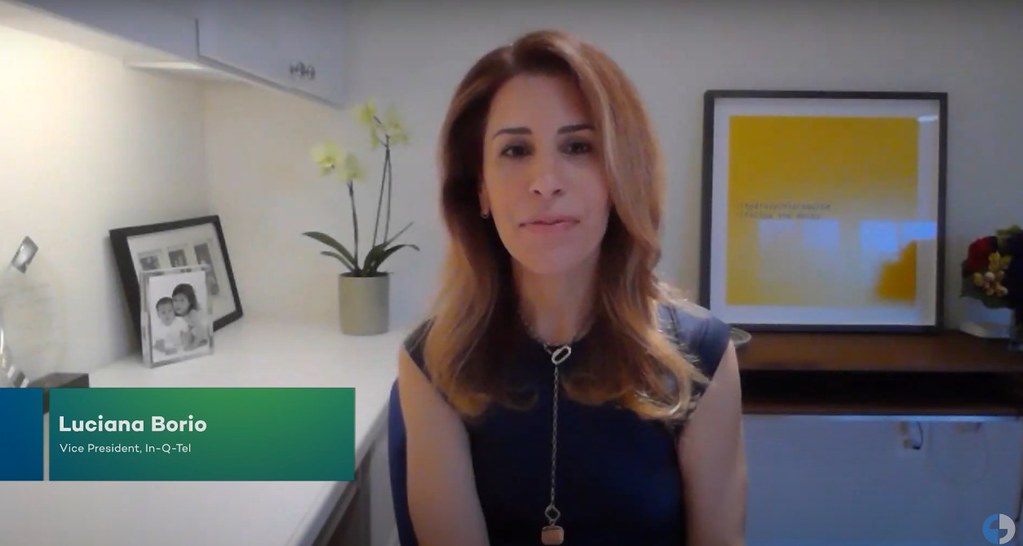
Dr. Luciana Borio, who previously served as director for medical and biodefense preparedness at the National Security Council, praised the nation’s past achievements in this area. She stated, “No other nation matched what America achieved during the pandemic. We pioneered and delivered life-saving mRNA vaccines at unprecedented speed. It’s a historic accomplishment we should celebrate.” Dr. Borio issued a stern warning against the shift, cautioning, “Clinging to outdated technologies to counter a future flu pandemic is a grave mistake.”
HHS indicated in its release that it would favor other types of shots over those using mRNA technology. The department specifically mentioned whole-cell vaccines as an alternative approach, a method that has been in use for over 100 years. However, the United States has not utilized a whole-cell vaccine for whooping cough since the 1990s due to its potency often causes harsh side effects, including high fevers and seizures.
Notably, Secretary Kennedy himself has previously assailed Gavi, the Vaccine Alliance, a leading international vaccine organization, for its continued use of the whole-cell vaccine in low-income countries. He cited this as the reason for the United States’ decision to pull funding from the organization, highlighting a potential inconsistency in his administration’s current stance on vaccine technology.
The health department’s statement framed the abandoned mRNA projects as signaling a “shift in vaccine development priorities.” It added that HHS would begin “investing in better solutions” but did not provide specific details on what these alternative technologies might be. In his social media video, Kennedy explained, “To replace the troubled mRNA programs, we’re prioritizing the development of safer, broader vaccine strategies, like whole-virus vaccines and novel platforms that don’t collapse when viruses mutate.”
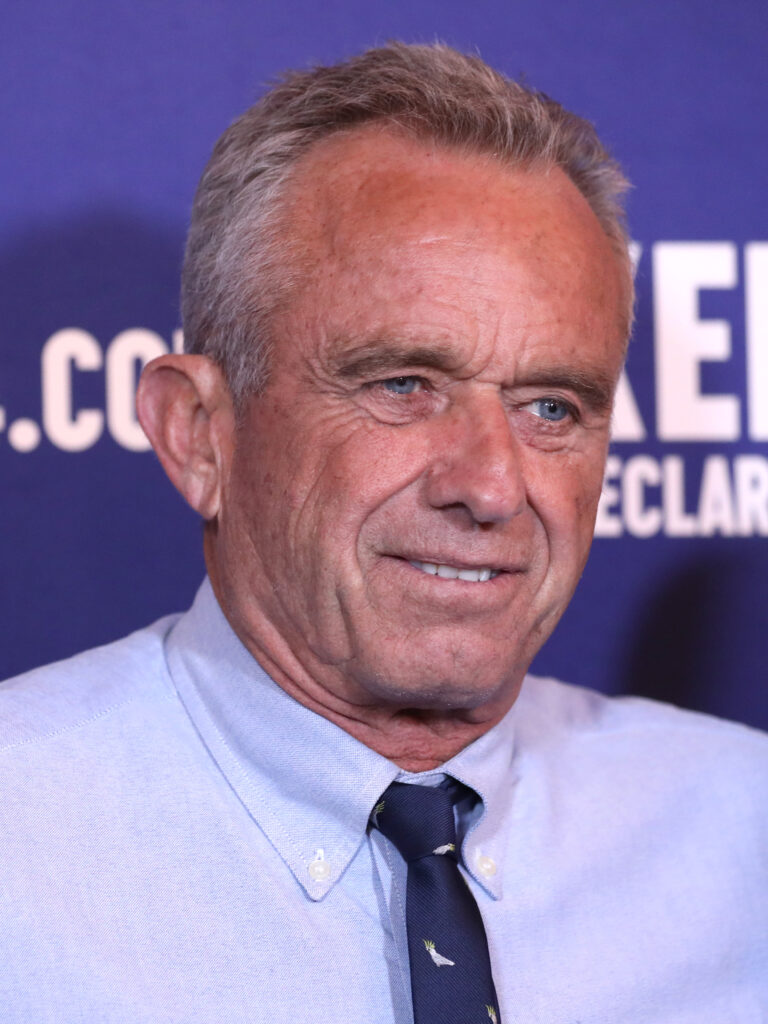
Speaking at a news conference in Anchorage, Alaska, Secretary Kennedy expanded on the administration’s new focus. He stated that work is underway on a “universal vaccine” designed to mimic “natural immunity.” He expressed optimism about this alternative, asserting, “It could be effective — we believe it’s going to be effective ― against not only coronaviruses, but also flu.” He reiterated that HHS is “shifting that funding toward safer, broader vaccine platforms that remain effective even as viruses mutate.”
This decision is the latest in a series of actions that reflect Secretary Kennedy’s long-held vaccine skepticism being integrated into national health policy. Since his appointment, he has notably pulled back recommendations regarding COVID-19 shots, dismissed the expert panel responsible for making vaccine recommendations, and declined to offer a vigorous endorsement of vaccinations during a worsening measles outbreak. He has also ordered a new study into the debunked link between vaccines and autism, a claim widely discredited by the scientific community.
Despite the significant changes to vaccine development priorities, HHS emphasized that “other uses of mRNA technology within the department are not impacted by this announcement.” This includes ongoing research into mRNA for cancer immunotherapies, an area that has garnered considerable interest. Earlier this year at the White House, billionaire tech entrepreneur Larry Ellison publicly praised mRNA for its potential in treating cancer.
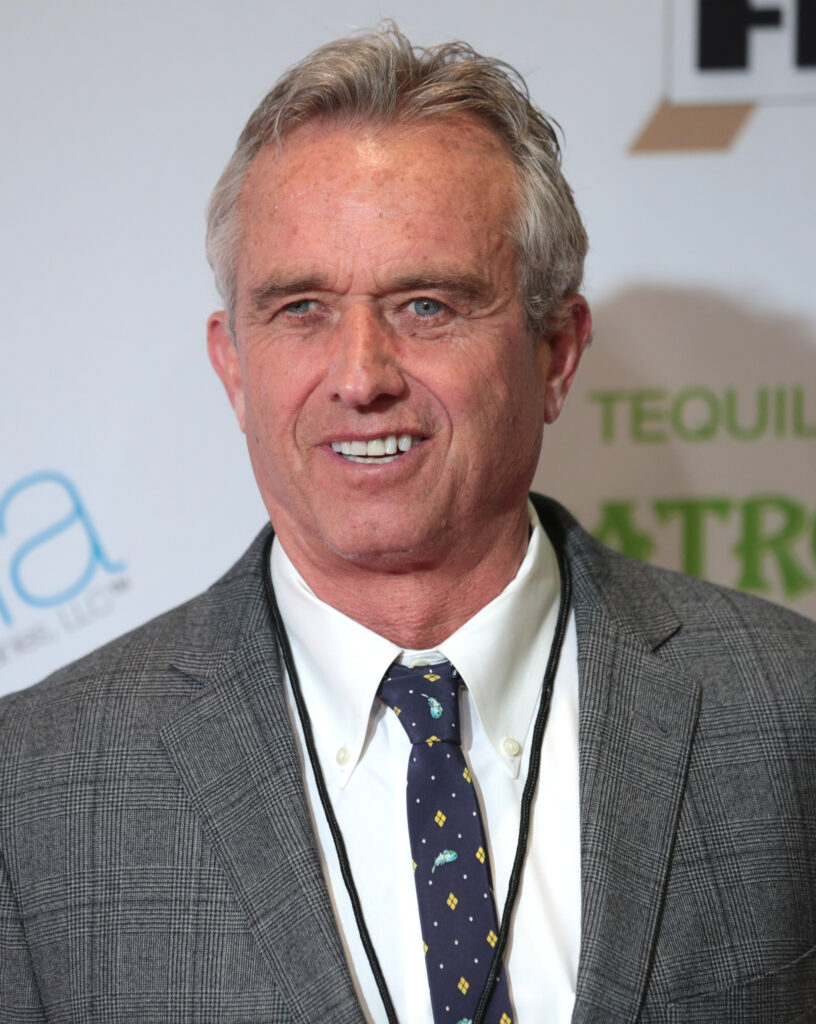
Secretary Kennedy sought to clarify the department’s overall stance on vaccines amidst the cancellations. He stated, “Let me be absolutely clear: HHS supports safe, effective vaccines for every American who wants them. That’s why we’re moving beyond the limitations of mRNA and investing in better solutions.” During his Senate confirmation hearings in late January, he also reiterated his position, stating, “News reports have claimed that I’m anti-vaccine or anti-industry. I am neither.”
In November 2024, prior to his confirmation, Kennedy told NBC News, “If vaccines are working for somebody, I’m not going to take them away. People ought to have choice, and that choice ought to be informed by the best information.” These remarks highlight his stated commitment to individual choice and informed decision-making regarding vaccination, even as his administration pivots away from a technology many experts deem essential for future pandemic preparedness.
Product on Amazon: Vaccinated: From Cowpox to mRNA, the Remarkable Story of Vaccines
Price: 14.99 USD
Rating: 4.7 Total reviews: 629
Shopping on Amazon >>
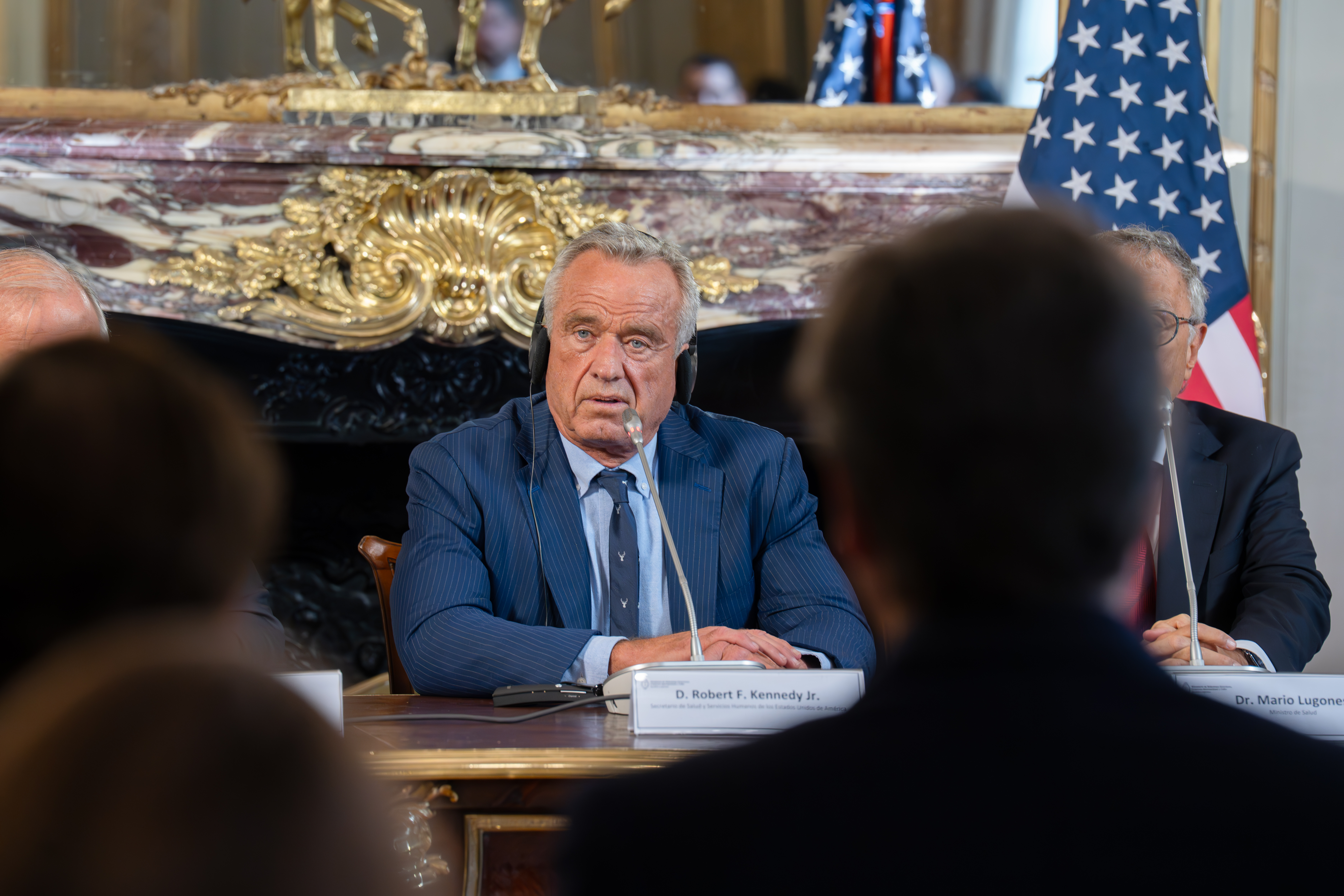
The cancellation of nearly half a billion dollars in mRNA vaccine contracts by Health Secretary Robert F. Kennedy Jr. marks a pivotal moment in the nation’s public health strategy. While the administration asserts a shift towards what it considers “safer, broader vaccine strategies,” the decision has ignited a fierce debate with the scientific community. Experts warn that abandoning a technology widely credited with saving millions of lives and offering unparalleled speed in pandemic response could leave the United States gravely vulnerable to future biological threats. The coming years will reveal the full ramifications of this bold reorientation of vaccine development priorities, as the nation navigates the delicate balance between public health policy and scientific consensus.



